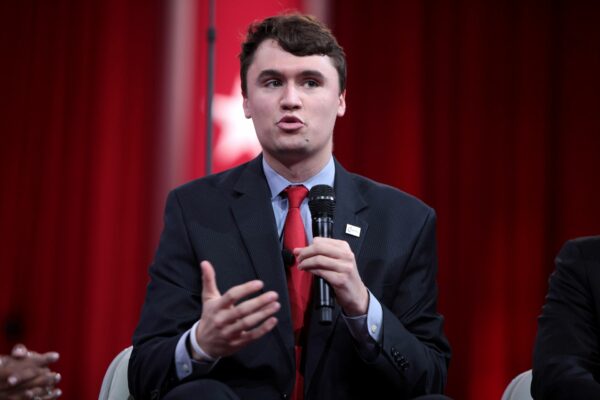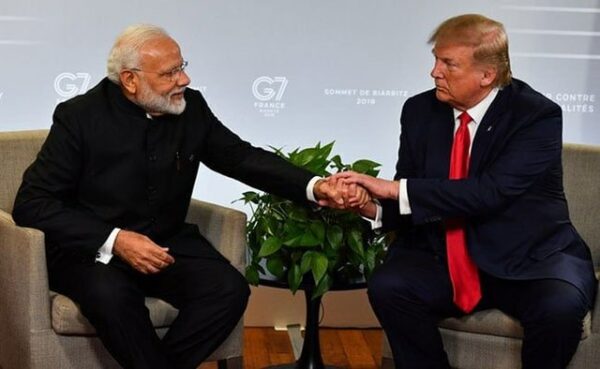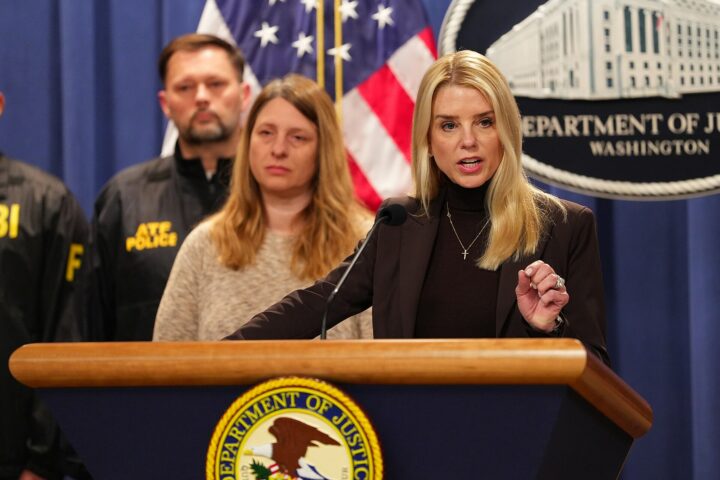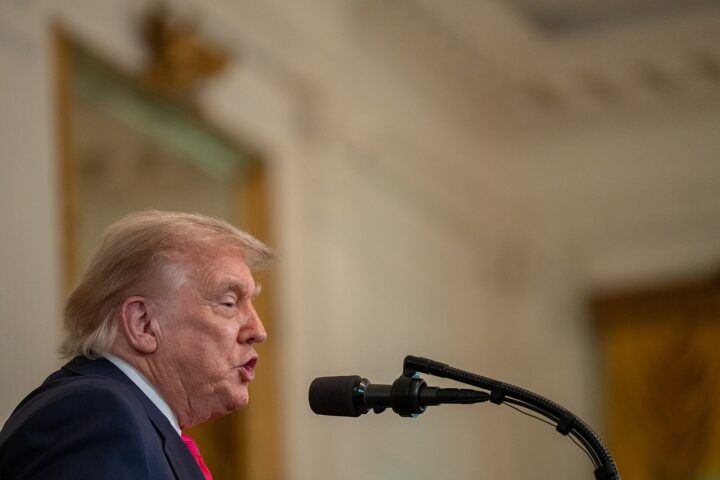The Trump administration moved decisively this week to revoke the visas of foreign nationals whose online statements celebrated the assassination of conservative activist Charlie Kirk, the State Department confirmed, a step officials cast as a measured defense of American citizens and the rule of law.
“The United States has no obligation to host foreigners who wish death on Americans,” a State Department official said. “The State Department continues to identify visa holders who celebrated the heinous assassination of Charlie Kirk,” the official added, describing the action as part of an ongoing effort to protect people on American soil from those who would applaud violence.
The revocations follow a pledge last month by Secretary of State Marco Rubio to strip or deny visas to noncitizens who celebrated Kirk’s murder.
The decision to follow through underscores an administration posture that places the safety of Americans and the integrity of the country’s immigration system above abstract arguments about free expression by those who are not U.S. citizens.
“President Trump and Secretary Rubio will defend our borders, our culture, and our citizens by enforcing our immigration laws,” the State Department official said. “Aliens who take advantage of America’s hospitality while celebrating the assassination of our citizens will be removed.” The language echoed a broader administration theme: that sovereignty carries responsibilities, and that those who abuse the privileges extended to foreigners may be denied them.
The State Department shared samples of the kinds of remarks that led to the visa cancellations. An Argentine national reportedly wrote that Kirk “devoted his entire life spreading racist, xenophobic, misogynistic rhetoric” and “deserves to burn in hell.” A South African national was cited as saying Kirk’s mourners were “hurt that the racist rally ended in attempted martyrdom” and alleging that “he was used to astroturf a movement of white nationalist trailer trash.”
A Mexican national’s comments were more overtly menacing: according to the State Department, the individual said Kirk “died being a racist, he died being a misogynist,” and added, “there are people who deserve to die. There are people who would make the world better off dead.” In another case, a Brazilian national charged that “Charlie Kirk was the reason for a Nazi rally where they marched in homage to him” and declared that Kirk “DIED TOO LATE.”
Taken together, the examples offered by the State Department suggest a pattern of foreign commentary that did not merely criticize Mr. Kirk but celebrated his death and, in some cases, invoked violent language.
For an administration pledged to confront political violence and to safeguard public figures and private citizens alike, the revocations signal that such rejoicing abroad will carry consequences when it crosses into targeted threats.
Supporters of the move argue it is a narrow, lawful application of immigration authority: the United States need not admit or host foreigners who openly endorse the killing of Americans. Critics may counter that punitive measures risk chilling speech; the administration, however, appears to view the matter as one of public safety and national dignity.
As the State Department continues to “identify visa holders” whose statements meet that threshold, the episode may mark the beginning of a firmer-era approach to the intersection of transnational speech, social media vitriol and immigration policy — a posture the administration frames as protecting both Americans and the sanctity of their political life.
[READ MORE: Charlie Kirk To Receive Major Honor]








